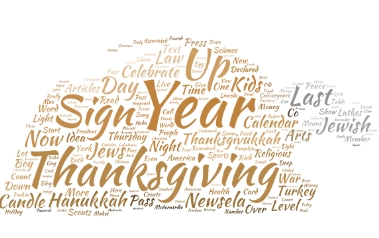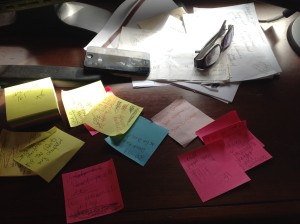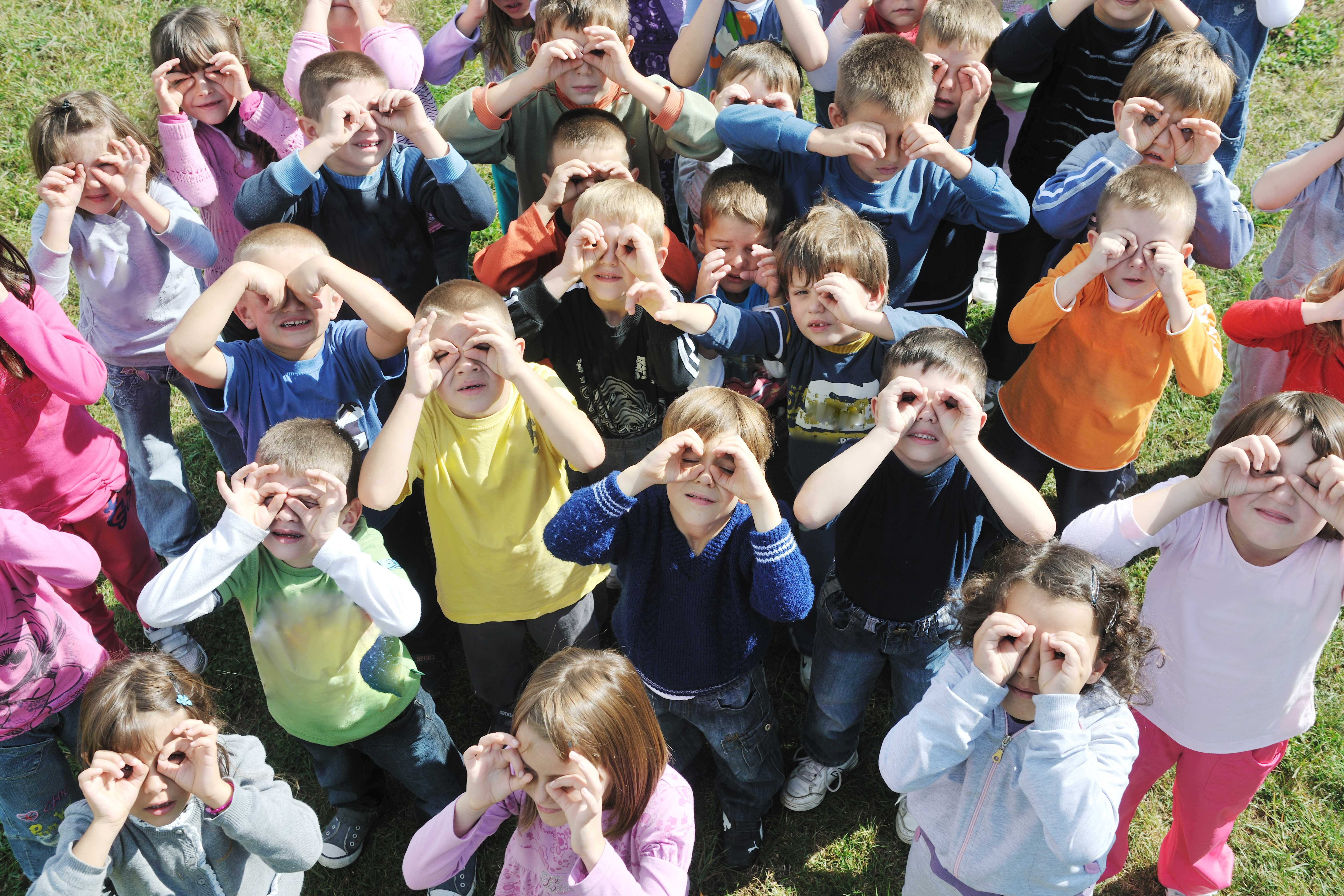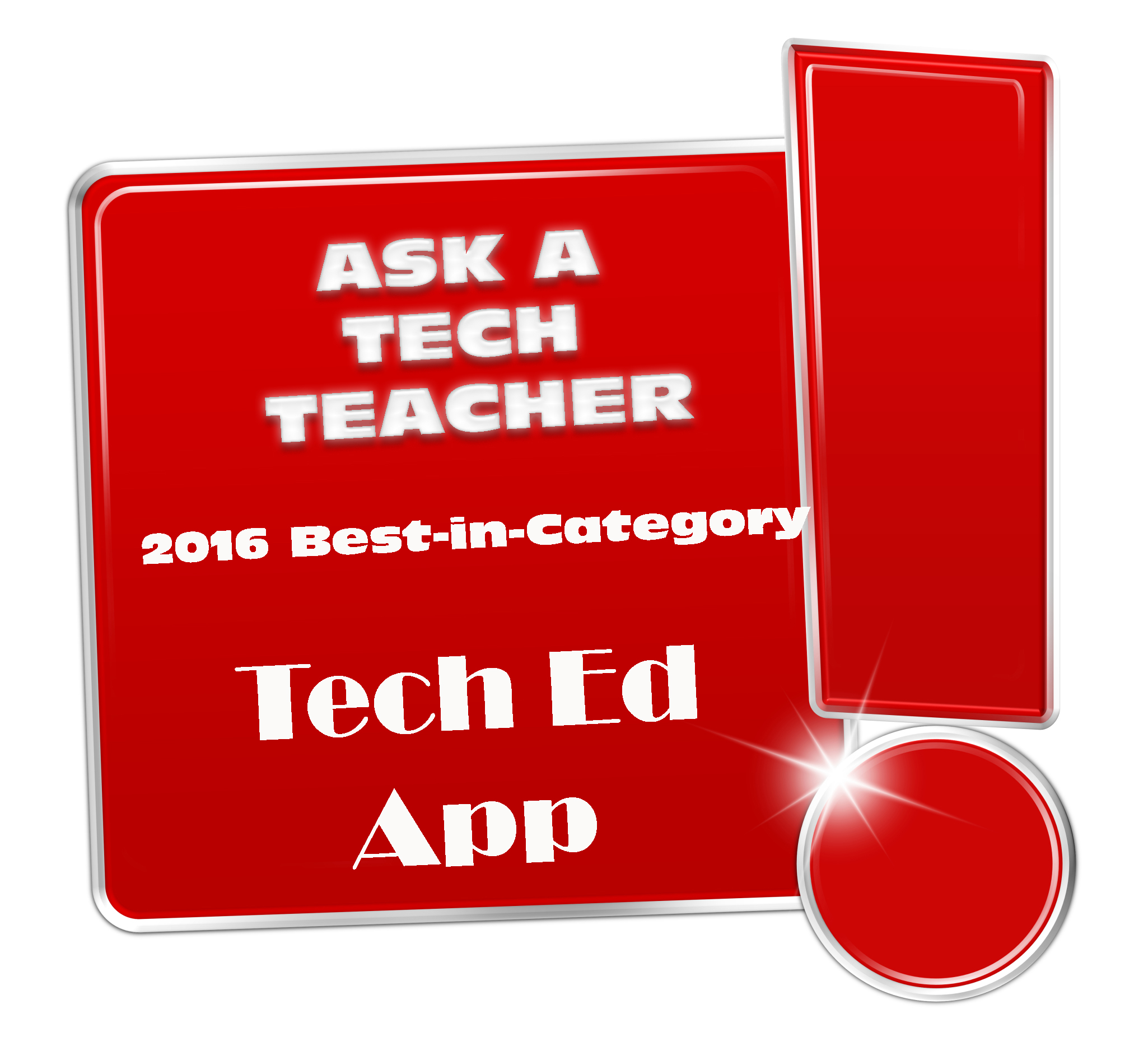Category: News
Happy July 4th!
It’s America’s birthday and I’m celebrating. What I write today will be… anything I want–gibberish, a short story, guest articles on crazy topics. I have no idea. My son’s in Kuwait protecting America’s distant shores. My daughter’s in San Diego preparing her LPD for some future battle. I’m here, thanking both of them and every other service member who accepted the calling to protect our nation’s freedoms.
God be with all of you.
Share this:
- Click to share on Facebook (Opens in new window) Facebook
- Click to share on X (Opens in new window) X
- Click to share on LinkedIn (Opens in new window) LinkedIn
- Click to share on Pinterest (Opens in new window) Pinterest
- Click to share on Telegram (Opens in new window) Telegram
- Click to email a link to a friend (Opens in new window) Email
- More
Modernizing the School Counselor
 When the first school
When the first school guidance counselors (update: thanks to those in the profession who took the time to educate me on their title) emerged in the late 1800’s, they were almost exclusively vocational counselors, their purpose to assist students in transitioning from an educational environment to a productive piece of society. Quickly, this morphed to helping students determine the career path best-suited for their innate abilities, interests, and skills. It didn’t take long for those in the trenches to connect student success after school to the path followed during school–which included much more than grades. Counselors took on myriad tasks, such as:
- helping failing students find a remedy
- encouraging teachers to make connections between what they taught and occupational problems
- consulting student standardized tests to determine what should/could be expected of students
- urging students to stay in school
- interviewing students leaving school to validate their decision
- promoting character development
- teaching socially appropriate behavior
- assisting vocational planning
- promoting best practices in academic development (readiness to learn and achievement strategies)
- encouraging career development and planning (academic advising, school to post secondary or career transitions, and workforce effectiveness)
- ensuring appropriate social skills and self-management as well as facing challenges to school success including bullying, suicide, addictions, and abuse
- providing connectedness to school, community, state and nation
- helping students understand societal events such as Sandy Hill and Hurricane Katrina
Share this:
- Click to share on Facebook (Opens in new window) Facebook
- Click to share on X (Opens in new window) X
- Click to share on LinkedIn (Opens in new window) LinkedIn
- Click to share on Pinterest (Opens in new window) Pinterest
- Click to share on Telegram (Opens in new window) Telegram
- Click to email a link to a friend (Opens in new window) Email
- More
Happy Thanksgiving Week
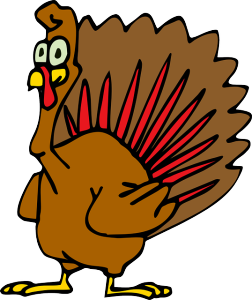 I’m taking next week off. I’ll be preparing for my daughter’s holiday visit from her home in DC and my son who’s visiting from El Paso TX (Ft. Bliss). I am so excited to see both of them!
I’m taking next week off. I’ll be preparing for my daughter’s holiday visit from her home in DC and my son who’s visiting from El Paso TX (Ft. Bliss). I am so excited to see both of them!
I’ll be back December 1st. Any emergencies–drop me a line at askatechteacher@gmail.com.
Jacqui Murray has been teaching K-8 technology for 15 years. She is the editor/author of dozens of tech ed resources including a K-8 technology curriculum, K-8 keyboard curriculum, K-8 Digital Citizenship curriculum, and dozens of books on how to integrate technology into education. She is webmaster for six blogs, CSG Master Teacher, an Amazon Vine Voice book reviewer, Editorial Review Board member for Journal for Computing Teachers, CAEP reviewer, CSTA presentation reviewer, freelance journalist on tech ed topics, a tech ed columnist for Examiner.com, and a weekly contributor to TeachHUB. You can find her resources at Structured Learning.
Share this:
- Click to share on Facebook (Opens in new window) Facebook
- Click to share on X (Opens in new window) X
- Click to share on LinkedIn (Opens in new window) LinkedIn
- Click to share on Pinterest (Opens in new window) Pinterest
- Click to share on Telegram (Opens in new window) Telegram
- Click to email a link to a friend (Opens in new window) Email
- More
18 Take-aways from ISTE–Observations, Tips and Great Digital Tools
ISTE was everything I expected–energizing, motivating, collegial and crowded. Very very crowded. Lots of events were packed–if you didn’t get there early, you weren’t getting in. There were surprisingly many that charged a fee or required a ticket. Sure, in a perfect world, I’d have been organized enough to request tickets a week before, but perfection has never inhabited my world so I didn’t. There were so many events, I had no trouble finding alternatives.
I have lots of observations, tips, notes, and takeaways to share with you, so let me get started:
Observations
- ISTE was extremely well-organized. There were lots of people to ehlp attendees find their way, understand materials, figure problems out. Me, I tried to be prepared, but it ended up a losing effort:
Share this:
- Click to share on Facebook (Opens in new window) Facebook
- Click to share on X (Opens in new window) X
- Click to share on LinkedIn (Opens in new window) LinkedIn
- Click to share on Pinterest (Opens in new window) Pinterest
- Click to share on Telegram (Opens in new window) Telegram
- Click to email a link to a friend (Opens in new window) Email
- More
Happy July 4th!
It’s America’s birthday and I’m celebrating. What I write today will be… anything I want–gibberish, a short story, guest articles on crazy topics. I have no idea. My son’s in Kuwait protecting America’s distant shores. My daughter’s in San Diego preparing her LPD for some future battle. I’m here, thanking both of them and every other service member who accepted the calling to protect our nation’s freedoms.
God be with all of you.
Share this:
- Click to share on Facebook (Opens in new window) Facebook
- Click to share on X (Opens in new window) X
- Click to share on LinkedIn (Opens in new window) LinkedIn
- Click to share on Pinterest (Opens in new window) Pinterest
- Click to share on Telegram (Opens in new window) Telegram
- Click to email a link to a friend (Opens in new window) Email
- More
5 Reasons Class Size Does NOT Matter and 3 Why Large is a Good Thing
 Are you drowning in students, sure that the flood of bodies that enter your classroom daily will destroy your effectiveness? Does it depress you, make you second-guess your decision to effect change in the world as a teacher? Do you wonder how you’ll explain to parents–and get them to believe you–that you truly CAN teach thirty students and meet their needs (because you must convince them–of all education characteristics, parents equate class size to success)?
Are you drowning in students, sure that the flood of bodies that enter your classroom daily will destroy your effectiveness? Does it depress you, make you second-guess your decision to effect change in the world as a teacher? Do you wonder how you’ll explain to parents–and get them to believe you–that you truly CAN teach thirty students and meet their needs (because you must convince them–of all education characteristics, parents equate class size to success)?
Take heart while I play Devil’s Advocate and offer evidence contrary to what seems by most to be intuitive common sense. I mean, how could splitting your finite amount of time among LESS students be anything but advantageous? Sure, there are many studies (US-based primarily) that support a direct correlation between class size and teacher ability to meet education goals, but consider how you–personally–learn. Sure, it occurs through teachers, but just as often by trial and error, peers, inquiry, student-centered activities, play, experiencing events, differentiated ways unlike others. Educators like John Holt believe “children [and by extension, you] learn most effectively by their own motivation and on their own terms”.
Is it possible the root of the education problem is other than class size? Getting Beneath the Veil of Effective Schools: Evidence from New York City (National Bureau of Economic Research) indicates that traditional success measures–including class size–do not correlate to school effectiveness. According to this study, what doesn’t matter is:
- class size
- per pupil expenditure
- fraction of teachers with no certification
- fraction of teachers with an advanced degree
Share this:
- Click to share on Facebook (Opens in new window) Facebook
- Click to share on X (Opens in new window) X
- Click to share on LinkedIn (Opens in new window) LinkedIn
- Click to share on Pinterest (Opens in new window) Pinterest
- Click to share on Telegram (Opens in new window) Telegram
- Click to email a link to a friend (Opens in new window) Email
- More
1.69 Million Hits–Wow
 I have to pause a moment to thank all of you for that amazing number. Who would have thought three-and-a-half years ago when I started Ask a Tech Teacher, I’d reach 1,000,000 hits. Now I’m over 1.6. Wow.
I have to pause a moment to thank all of you for that amazing number. Who would have thought three-and-a-half years ago when I started Ask a Tech Teacher, I’d reach 1,000,000 hits. Now I’m over 1.6. Wow.
Jacqui Murray has been teaching K-18 technology for 30 years. She is the editor/author of over a hundred tech ed resources including a K-12 technology curriculum, K-8 keyboard curriculum, K-8 Digital Citizenship curriculum. She is an adjunct professor in tech ed, Master Teacher, webmaster for four blogs, an Amazon Vine Voice, CSTA presentation reviewer, freelance journalist on tech ed topics, contributor to NEA Today, and author of the tech thrillers, To Hunt a Sub and Twenty-four Days. You can find her resources at Structured Learning.
Share this:
- Click to share on Facebook (Opens in new window) Facebook
- Click to share on X (Opens in new window) X
- Click to share on LinkedIn (Opens in new window) LinkedIn
- Click to share on Pinterest (Opens in new window) Pinterest
- Click to share on Telegram (Opens in new window) Telegram
- Click to email a link to a friend (Opens in new window) Email
- More
Happy Thanksgiving Week
 I’m taking next week off. I’ll be preparing for my daughter’s holiday visit from her new home in DC. I am so excited!
I’m taking next week off. I’ll be preparing for my daughter’s holiday visit from her new home in DC. I am so excited!
I’ll be back December 2nd. Any emergencies–drop me a line at askatechteacher@gmail.com.
Jacqui Murray has been teaching K-18 technology for 30 years. She is the editor/author of over a hundred tech ed resources including a K-12 technology curriculum, K-8 keyboard curriculum, K-8 Digital Citizenship curriculum. She is an adjunct professor in tech ed, Master Teacher, webmaster for four blogs, an Amazon Vine Voice, CSTA presentation reviewer, freelance journalist on tech ed topics, contributor to NEA Today, and author of the tech thrillers, To Hunt a Sub and Twenty-four Days. You can find her resources at Structured Learning.
Share this:
- Click to share on Facebook (Opens in new window) Facebook
- Click to share on X (Opens in new window) X
- Click to share on LinkedIn (Opens in new window) LinkedIn
- Click to share on Pinterest (Opens in new window) Pinterest
- Click to share on Telegram (Opens in new window) Telegram
- Click to email a link to a friend (Opens in new window) Email
- More
Today we Honor Veterans
In the USA, Veterans Day annually falls on November 11. This day is the anniversary of the signing of the armistice, which ended the World War I hostilities between the Allied nations and Germany in 1918. Veterans are thanked for their services to the United States on Veterans Day.[youtube http://www.youtube.com/watch?v=MLa0jm-NQ4k&w=560&h=315]
[youtube http://www.youtube.com/watch?v=ZLjOP-tITak&w=420&h=315]
[youtube http://www.youtube.com/watch?v=K65CRWTaE8s&w=420&h=315]
[youtube http://www.youtube.com/watch?v=DxipGYkYuy8&w=420&h=315]
[youtube http://www.youtube.com/watch?v=0s8Z4DspcO0&w=420&h=315]
Jacqui Murray has been teaching K-18 technology for 30 years. She is the editor/author of over a hundred tech ed resources including a K-12 technology curriculum, K-8 keyboard curriculum, K-8 Digital Citizenship curriculum. She is an adjunct professor in tech ed, Master Teacher, webmaster for four blogs, an Amazon Vine Voice, CSTA presentation reviewer, freelance journalist on tech ed topics, contributor to NEA Today, and author of the tech thrillers, To Hunt a Sub and Twenty-four Days. You can find her resources at Structured Learning.
Share this:
- Click to share on Facebook (Opens in new window) Facebook
- Click to share on X (Opens in new window) X
- Click to share on LinkedIn (Opens in new window) LinkedIn
- Click to share on Pinterest (Opens in new window) Pinterest
- Click to share on Telegram (Opens in new window) Telegram
- Click to email a link to a friend (Opens in new window) Email
- More
Kids News Websites
Here’s a list of student-oriented news websites to get students interested in current events:
- Allsides (news stories compared across multiple political perspectives)
- BBC News (app)
- C News for kids
- Common Sense Media
- Kids News – Current Events
- Listenwise
- Newsela–news for kids, reformatted at different reading levels
- News-o-matic for kids (app)
- NewseumEd
- News for Kids–free
- Newspaper Navigator–from the Library of Congress; search endless newspapers
- PBS Newshour Extra–for grades 7-12
- Reach Out Reporter — science news for elementary students
- Scholastic
- TeachingKidsNews
- TweenTribune–by Smithsonian
- US News Map–the news headlines between 1789 and 1922
- Youngzine
- Youth Radio
- Yummy Math—math news
I update it every few months here.
Share this:
- Click to share on Facebook (Opens in new window) Facebook
- Click to share on X (Opens in new window) X
- Click to share on LinkedIn (Opens in new window) LinkedIn
- Click to share on Pinterest (Opens in new window) Pinterest
- Click to share on Telegram (Opens in new window) Telegram
- Click to email a link to a friend (Opens in new window) Email
- More



